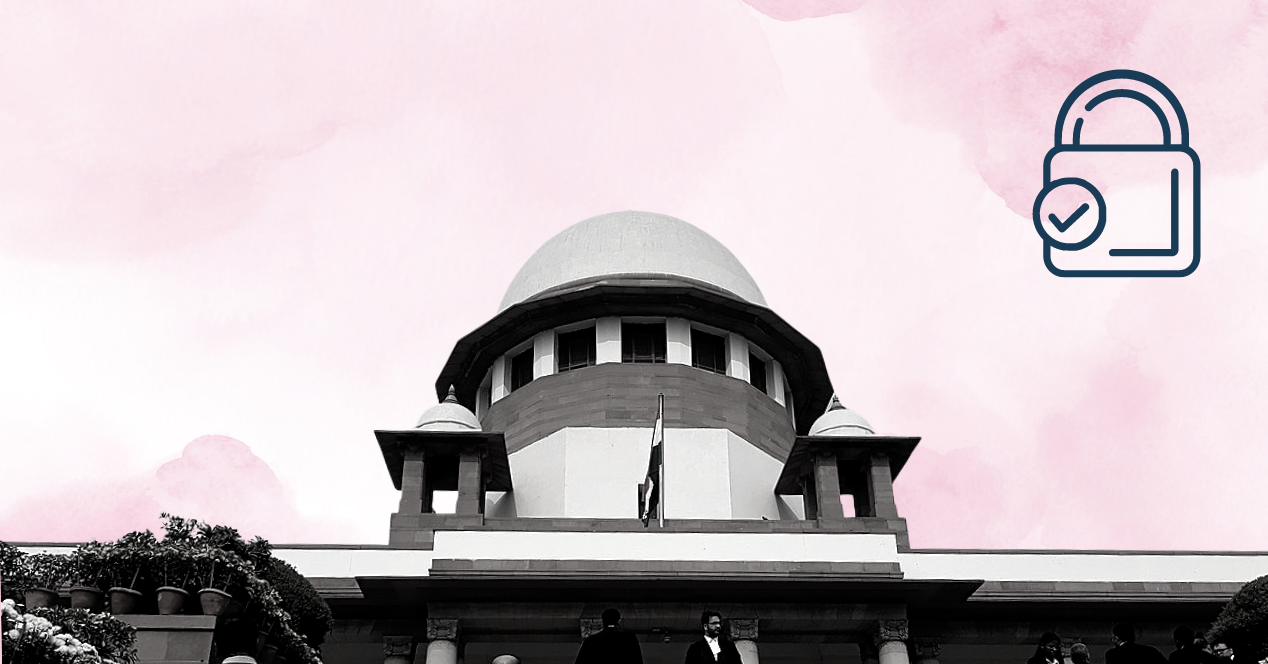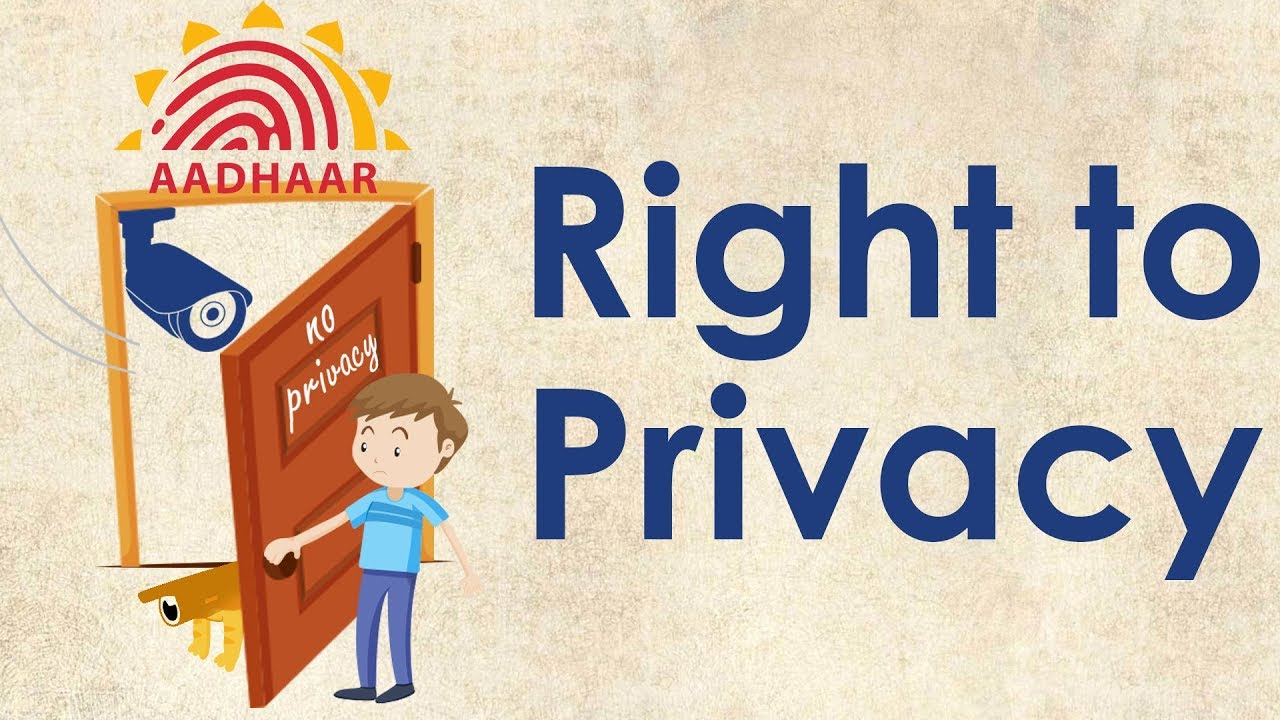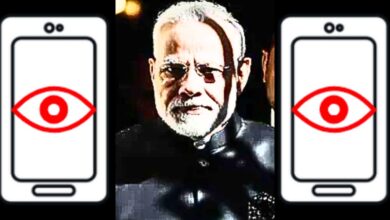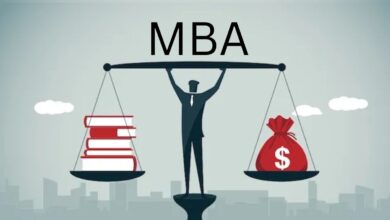Wow! What A Great Privacy Paradox: Citizens’ WhatsApp Messages Are National Security Concerns, But Leaders’ Degrees Are Sacred Personal Data
Degrees Enclosed Are Better For Democracy- Is That What Delhi High Court Wanted To Say?

“Democracy’s Terms & Conditions: Politicians May Shield Their Past While Reading Your Present”
The irony of democracy! We elect leaders to make decisions about our most intimate national affairs that revolve around our privacy, yet we find ourselves in heated debates about whether we have the right to peek at their report cards. The Delhi High Court now finds itself playing referee in this peculiar game of “show me yours but protect mine” as it weighs whether Prime Minister Narendra Modi’s educational qualifications should be public knowledge or remain tucked away in Delhi University’s filing cabinets.
It all started with the transparency Tug-of-War
In one hand, we have the champions of transparency, wielding the Right to Information Act like a shining sword of accountability. “The public deserves to know!” they proclaim, suggesting that a leader’s academic background might explain everything from foreign policy decisions to economic strategies. Because clearly, how well someone performed on exams decades ago is the ultimate predictor of their ability to govern a nation of 1.4 billion people.
In the opposing corner stand the defenders of privacy, clutching Section 8(1)(j) of the RTI Act like a protective shield. “Not all curiosity constitutes public interest!” they counter, suggesting that if we start displaying everyone’s educational laundry on the national clothesline, we might soon find ourselves in a country where even your embarrassing middle school poetry becomes fair game for public consumption.

What Is Delhi University’s Scholarly Defense?
Delhi University has adopted the role of the reluctant guardian of academic secrets, appearing before the Delhi High Court with an argument that essentially translates to: “Just because everyone wants to know something doesn’t mean they need to know it.”
The university’s legal team has masterfully presented their case, suggesting that Modi’s educational records are protected under not just one but two sections of the RTI Act. One almost imagines the university’s lawyers delivering their arguments while adjusting imaginary spectacles and speaking in hushed, reverent tones about the sanctity of academic privacy.
“These records,” they seem to whisper, “fall squarely within the realm of private information.” The word “squarely” doing significant heavy lifting here, as if educational qualifications fit into privacy like a perfectly shaped puzzle piece, as said by Rancho in ‘3 Idiots’.
The university maintains that releasing the Prime Minister’s degree details would serve no purpose beyond satisfying what they’ve essentially dismissed as political voyeurism. It wouldn’t improve governance, ensure accountability, or expose wrongdoing—it would merely provide material for opposition press conferences and social media memes. And heaven forbid our democratic discourse include memes!
But what if educational qualifications do matter? What if education becomes necessary to enter politics? Gosh, majority of politicians then will be thrown out of the bucket? Maybe, that’s why, degrees enclosed are better for democracy!!!
Defining “Public Interest” (Without the Public’s Input)
At the heart of this legal labyrinth lies the elusive concept of “public interest”—that mystical standard against which all transparency requests must be measured. It’s not enough for information to be desired by the public; it must be demonstrably necessary for the common good.
This presents us with a fascinating philosophical paradox: Who decides what’s in the public’s interest if not the public themselves? In this case, apparently, it’s Delhi University and potentially the Delhi High Court.
Globally, this question has been answered differently across democracies. Some leaders voluntarily share their educational credentials like proud parents displaying their children’s artwork on the refrigerator. Others treat their academic histories like state secrets, guarded more carefully than nuclear codes.

What Was The Petitioners’ Plea: Education Matters!
The petitioners argue that educational qualifications provide insight into a leader’s cognitive capabilities, decision-making processes, and policy understanding. This argument assumes, perhaps optimistically, that university performance directly correlates with governance abilities—a theory that countless university-educated yet incompetent leaders throughout history have thoroughly disproven.
They further suggest that the university’s reluctance to release these records only fuels suspicion. “What are they hiding?” the petitioners seem to ask, employing the same rhetorical technique used by conspiracy theorists everywhere. The implication being that if there’s nothing to hide, there should be nothing to fear—an argument that privacy advocates have been fighting against since the invention of curtains.
Delhi University Stands Firm (Behind Legal Precedent)
The university rejects this characterization entirely, insisting their position isn’t about shielding anyone from scrutiny but rather about upholding established privacy laws. There’s a certain dramatic irony in a public educational institution arguing against educational transparency, like a librarian advocating for book-burning.
Their concern extends beyond this specific case to the potential precedent it might set. If Modi’s degrees become public property, they argue, what’s to stop RTI requests for every politician’s kindergarten finger paintings or high school love letters? The slope, they suggest, is not just slippery but practically vertical.
The Delhi High Court now performs an intricate balancing act on the high wire of jurisprudence. On one side lies transparency—that beloved democratic ideal that suggests governments should operate in glass houses. On the other side waits privacy—the equally cherished notion that some information belongs to individuals alone, even those who hold public office.
The court’s ruling will reverberate far beyond this case, potentially reshaping how India interprets the boundaries between public interest and personal privacy. If the court sides with the petitioners, it signals that educational qualifications fall within the sphere of legitimate public interest. If it favors Delhi University, it reaffirms that even public figures retain certain privacy rights under the RTI framework.
The most complicated in all these is The Democracy’s Dilemma: How Much Do We Need to Know?
This case forces us to confront fundamental questions about democratic governance. In a system where leaders derive their authority from public consent, how much personal information should they surrender in exchange for power? Do citizens have the right to know everything about their representatives, or should certain boundaries remain inviolable?
The answers aren’t simple, despite what advocates on either side might claim. Transparency without limits could deter qualified individuals from public service, creating a government staffed only by those with nothing to hide—or nothing to lose. Conversely, excessive privacy protections could shield incompetence and dishonesty, allowing unqualified individuals to maintain facades of expertise.
Privacy: Is It A VIP-Only Feature in Our Democratic Software Update?
Well, it’s not only for the public to know? It is also about how much the government can ask? On one hand, the court wants to protects the privacy of a politician by not publically displacing their degree, and on the other hand, the government wants to know the personal messages on Whatspp on the pretext of national security. Is that justified in the eyes of law? Only the law knows!!! Or we should accept the like justice, privacy is also a luxury that only the affluent can afford and not the nation’s citizen???

At The End, We Are Witnessing The Waiting Game
As the Delhi High Court deliberates, both transparency activists and privacy advocates wait with bated breath. The ruling won’t just determine whether Modi’s degrees become public knowledge; it will help define India’s approach to information access in the digital age.
Whatever the outcome, this case reminds us that democracy remains an experiment in progress. The balance between transparency and privacy, between public interest and personal rights, is not fixed but constantly evolving. Each generation must recalibrate these scales according to their own values and needs.
In the meantime, the spectacle of powerful institutions debating whether the public deserves to know about the Prime Minister’s academic performance offers its own lesson in democracy—sometimes messy, frequently contradictory, but always fascinating to observe. Perhaps that’s the most valuable education of all.




